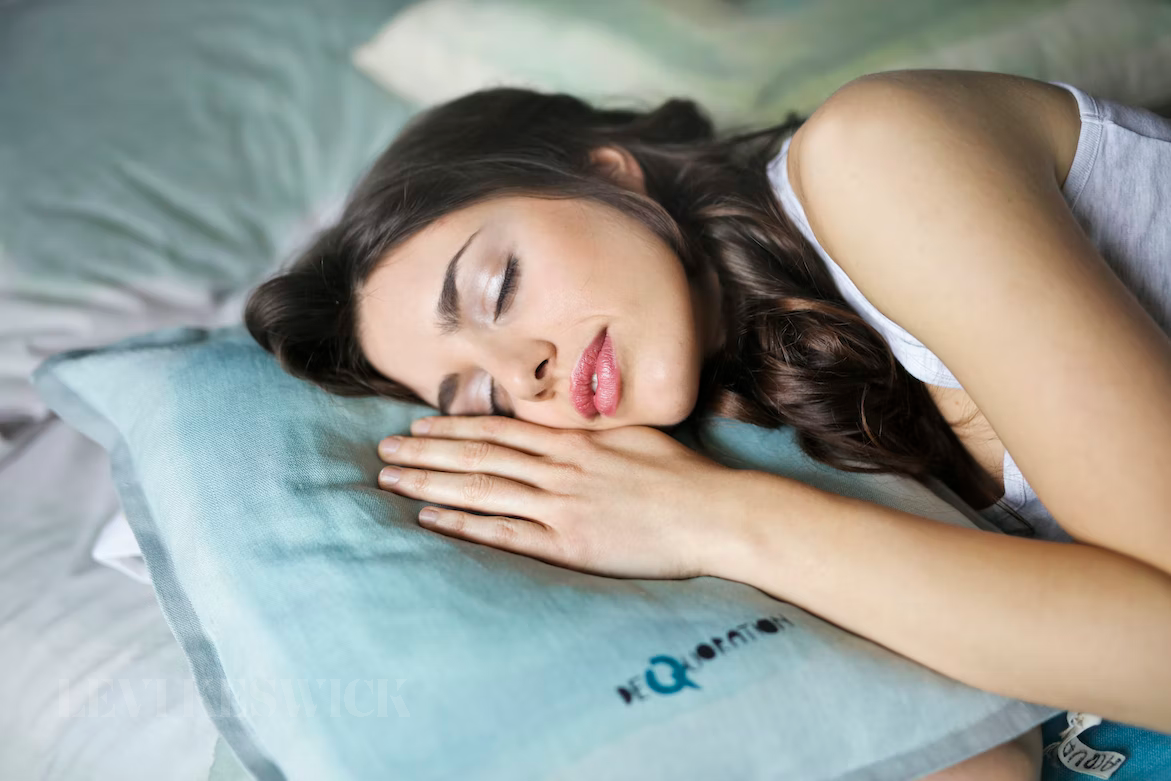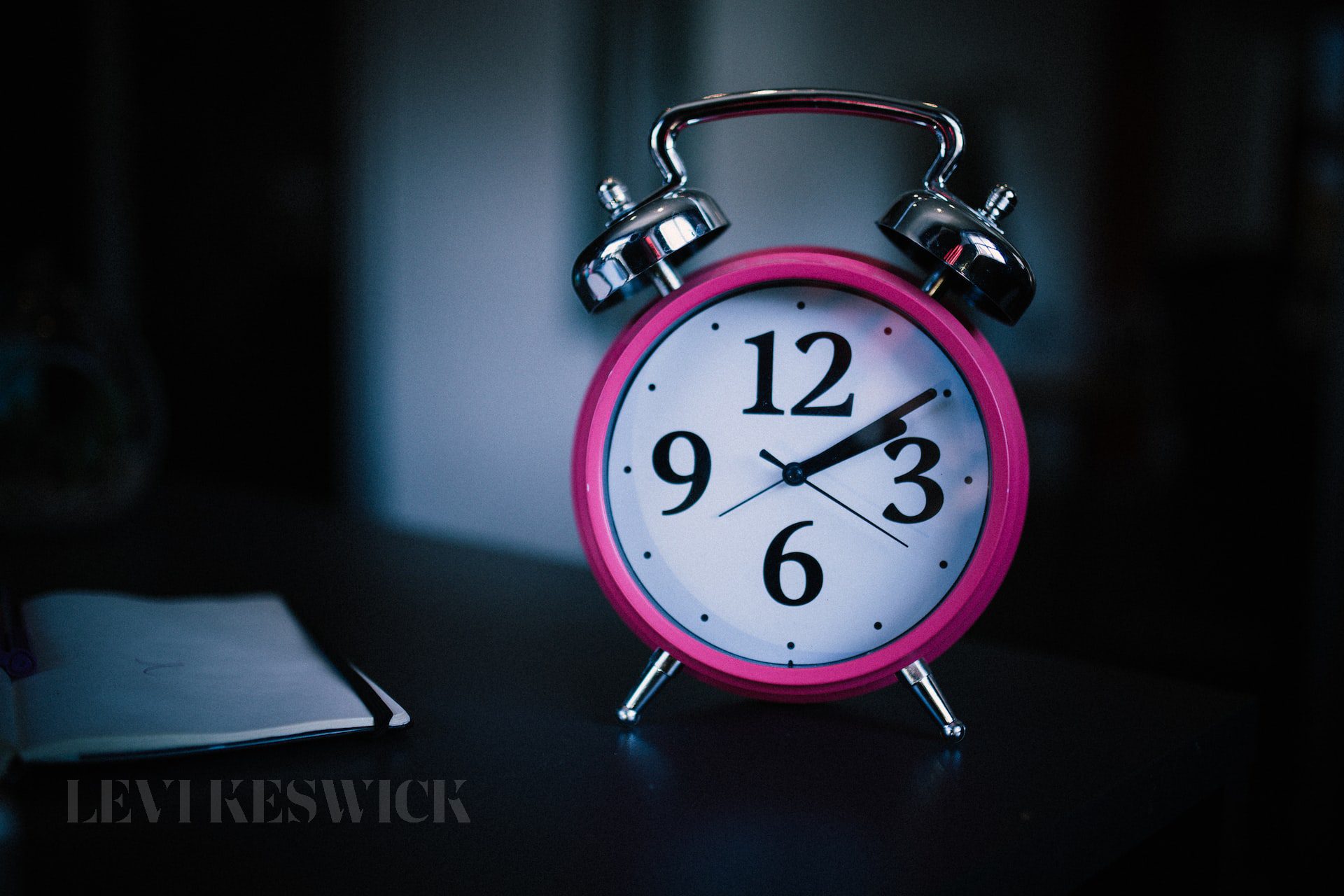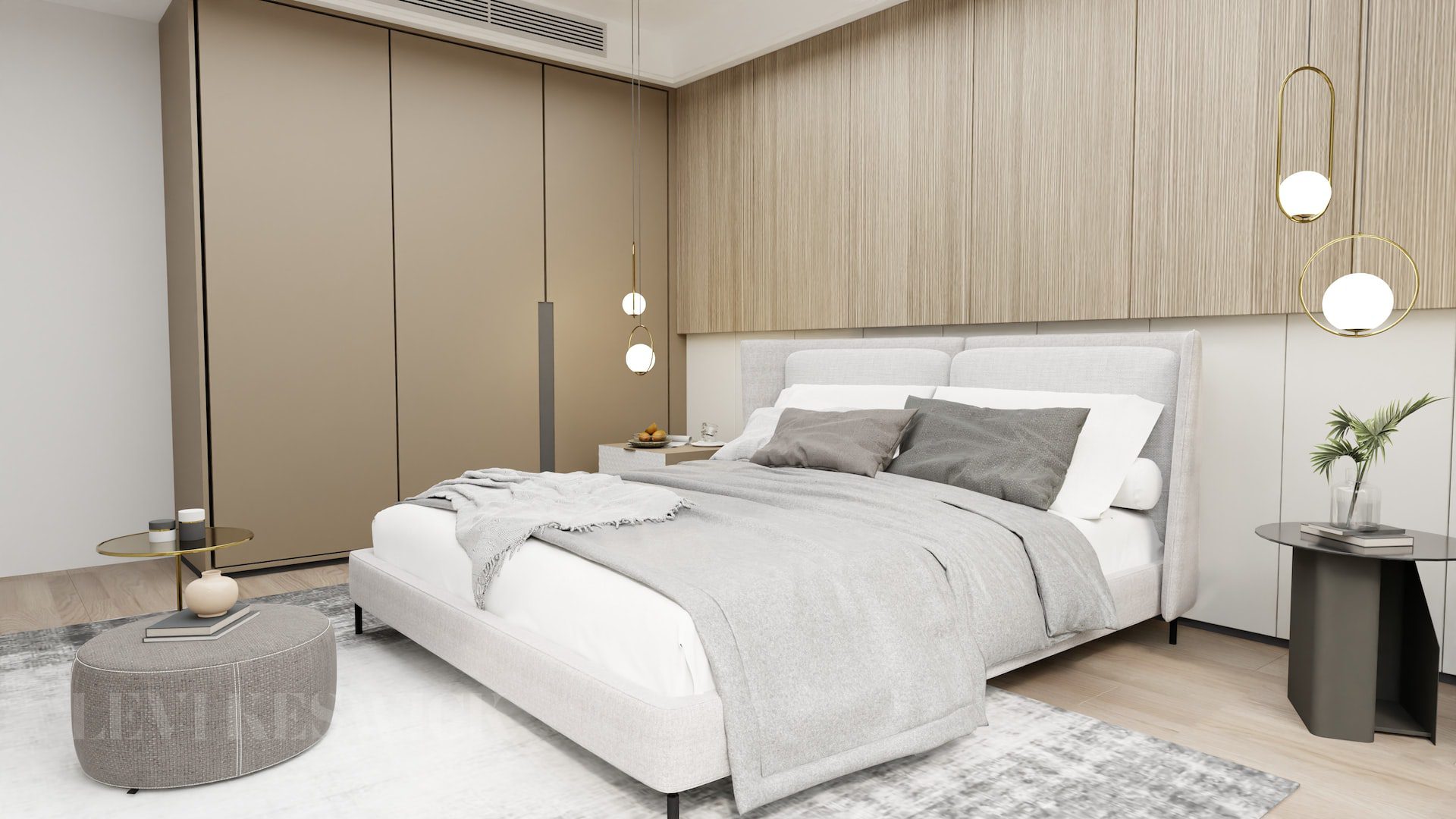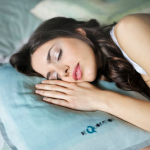Most people think the only way to be productive is to push themselves hard and work long hours. But another way to achieve great things is by taking a break. Yes, you read that right. Taking a break can make you more productive. How is that possible? By giving your brain a chance to rest and recharge, you allow it to function at its best when you need to put in some effort. And the best way to take a break? A nap.

That’s right, Getting enough sleep can improve your productivity, mood, and focus. It can also reduce stress, lower your risk of chronic diseases, and improve your quality of life. But for many people, getting a good night’s sleep is easier. If you have trouble sleeping, don’t despair. There are things you can do to improve your sleep habits.
1. Get a Comfortable Bed and Mattress
Most people don’t think about the importance of a good night’s sleep until they start having trouble sleeping. And by that time, it’s often too late. The damage has already been done, and they’re forced to live with the consequences for the rest of their lives.
A comfortable bed and mattress are essential for a good night’s sleep. If you’re uncomfortable, you won’t be able to relax and fall asleep easily. And if you’re constantly waking up because of discomfort, you’ll never get the rest you need. That’s why investing in a good bed and mattress that will support your body and keep you comfortable all night long is crucial.
There are many different types of beds and mattresses available. When choosing, get one with an adjustable bed frame and mattress so you can find the perfect position for your body. And make sure to get a mattress that’s comfortable and supportive. It’s worth spending the extra money on a quality bed and mattress because it will pay off in the run.
2. Establish a Regular Sleep Schedule
Most people know they should establish a regular sleep schedule, but few do. There are many reasons for this, but the most common one is simply that people don’t think it’s essential. They believe that they can get by on less sleep and still be productive. But that’s not true. Research has shown that people who get enough sleep are more effective than those who don’t. And there are plenty of other benefits to getting a good night’s sleep, such as improved mood, focus, and mental clarity.
The best way to establish a regular sleep schedule is to create a routine and stick to it as much as possible. Go to bed and wake up at the same time every day, even on weekends. Avoid using electronic devices in bed, and try to relax by reading or taking a bath before going to sleep.
3. Keep a Sleep Diary
If you’re having trouble sleeping, keeping track of your sleep habits is essential. This will help you identify patterns and determine what’s causing your sleep problems. The best way to do this is to keep a sleep diary.
A sleep diary is simply a record of your sleep habits over time. It can be as simple as a notebook where you jot down when you went to bed and woke up each day, or it can be an electronic app that tracks your sleep automatically. Either way, it’s essential to be consistent to get accurate results.
4. Create a Relaxing Sleep Environment
If you want to get a good night’s sleep, it’s crucial to create a relaxing sleep environment. This means removing distractions from your bedroom and ensuring the temperature is comfortable. The first step is to remove any electronics from your bedroom. This includes your TV, laptop, smartphone, and other devices emitting blue light. Blue light can disrupt your sleep patterns and make it difficult to fall asleep. So removing all electronics from your bedroom at least an hour before you go to bed is essential.
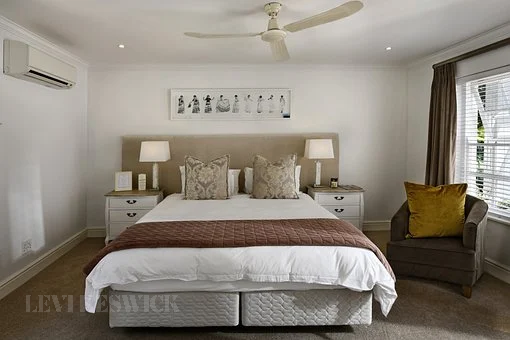
Next, you need to ensure your bedroom temperature is comfortable. The ideal temperature for sleeping is between 60 and 67 degrees Fahrenheit. You’ll have trouble falling asleep if it’s too hot or too cold. Finally, you need to make sure your bedroom is dark and quiet. Light can also disrupt sleep, so creating a dark environment is crucial. And if you live in a noisy area, consider investing in a white noise machine or earplugs to block out the noise and help you sleep.
5. Limit Caffeine and Alcohol
Caffeine and alcohol are two of the most common culprits behind sleep problems. Caffeine is a stimulant that can keep you awake, and alcohol is a depressant that can make you feel sleepy. But both substances can disrupt your sleep patterns and make it difficult to get a good night’s sleep.
That’s why it’s essential to limit your intake of caffeine and alcohol. If you’re going to drink caffeine, do so early in the day, so it doesn’t affect your sleep at night. And if you’re going to drink alcohol, don’t do so within four hours of bedtime.
6. Practice Relaxation Techniques
Relaxation techniques can be a great way to reduce stress and promote sleep. You can try many different techniques, but some of the most popular include deep breathing, progressive muscle relaxation, and mindfulness meditation.
Deep breathing is a simple but effective relaxation technique. You can do it anywhere, at any time. Take slow, deep breaths and focus on your breathing as you exhale.
Progressive muscle relaxation involves tensing and relaxing each muscle group in your body, one at a time. Start with your toes and work your way up to your head. Tense each muscle group for about 5 seconds before relaxing it. As you relax your muscles, focus on the sensation of the tension melting away.
Mindfulness meditation is a form of mindfulness that involves focusing on your breath and the present moment. Once you find a comfortable position, close your eyes and focus on your breath. As you breathe in and out, notice the sensation of your breath entering and leaving your body. If your mind wanders, redirect your focus back to your breath.
There are many ways to improve your sleep, and the six tips we’ve provided are a good place to start. But remember that everyone is different, so you may need to experiment with other techniques until you find what works best for you. If you’re struggling with insomnia or poor sleep quality, consult a doctor or therapist for help. They may be able to recommend some additional techniques or medications that can help you get the rest you need.









